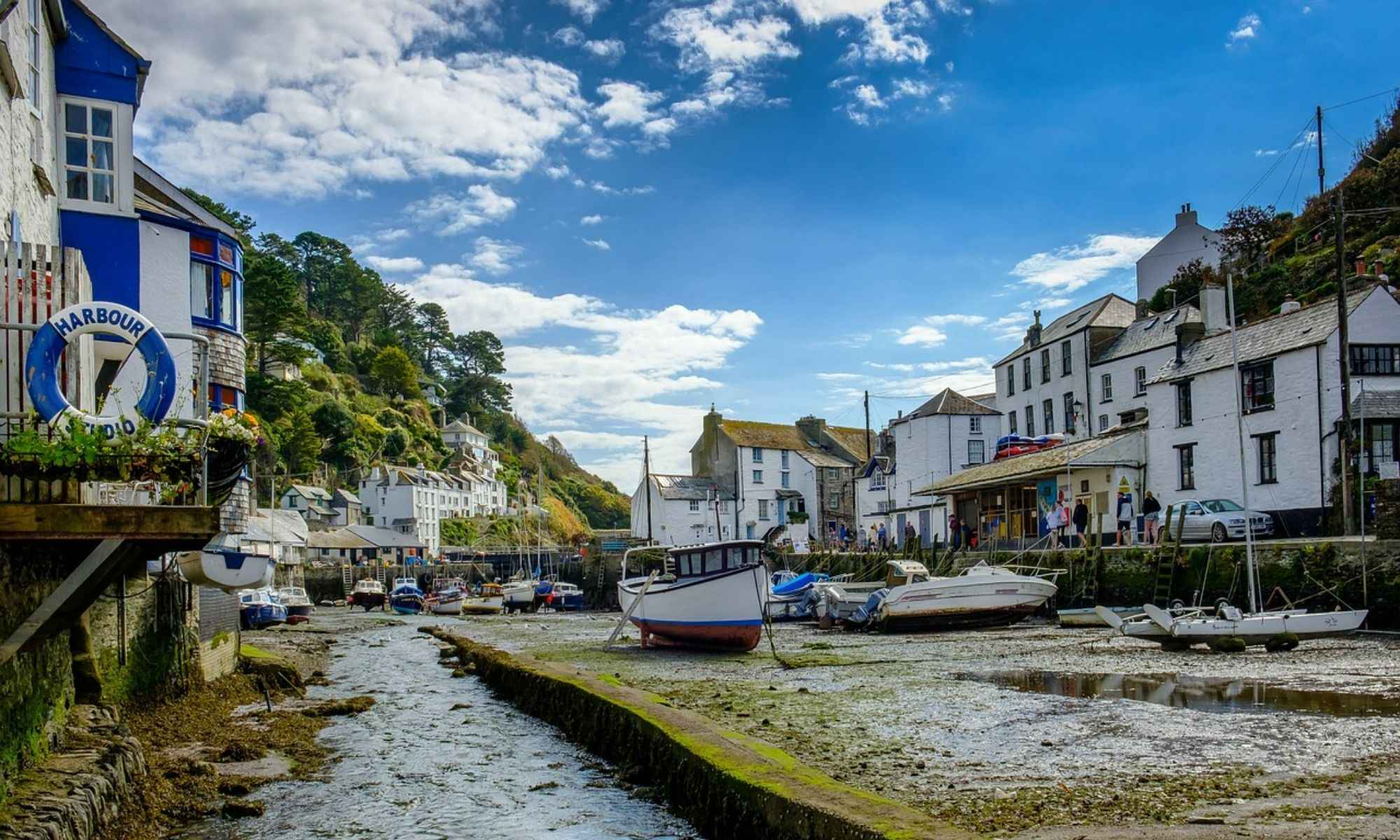5 Top Tips for Urban Fishing
Enjoy fishing within your home city with these top 5 tips for urban fishing.

When you picture yourself fishing, you most likely imagine yourself somewhere with a majestic and uninterrupted view of nature. Perhaps a picturesque riverbank and a mountain backdrop. Or aboard a big boat with a seemingly limitless ocean around you, merging with the clear blue sky on a warm summer day. This is probably why you don’t pay much attention to the productive fishing you can easily experience deep within your own city.

However, urban fishing has its charms. Once you get the hang of it, you’ll be surprised at how tranquil it can be, even amidst the hustle and bustle of city life happening all around you. So give your city a fair chance. Explore the area’s rivers, stocked lakes, and municipal ponds, and you might find your new favorite fishing spot.
Here are a few tricks and tips for you to maximize your urban fishing experience:

1. Ask Around
Because there are no off-the-beaten paths in cities, each fishing spot is fair game. And urban anglers know this. Ask your fellow anglers where their favorite fishing areas are. They might even surprise you with a tip or two on how to best fish the area and what tackle you should bring.
If you’re new to a city and don’t know anyone, consider hopping on the Internet and joining forums. Anglers online are more than willing to share their local experiences of a particular fishing spot and could point you towards specific locations that your acquaintances may not know about.
2. Fish During Off-Peak Hours
It should come as no surprise that cities can get rowdy and crowded at certain times. And when you’re fishing, the last thing you want to deal with is noise or crowds. So time your fishing trip right. Make sure to fish in the early morning or just before dusk. Night fishing can also be great but check with your local authorities if certain places allow it. Weekends may not be good, as most city parks can get crowded. Try weekdays before you head off to work or before heading home.
3. Familiarize Yourself With Your Environment
Cities are filled with great fishing opportunities. Your first course of action would be to head to your local fishing authorities and gather all the basic information you would need to fish in your city. This includes fishing license requirements, open seasons, bag limits, catch-and-release policies, and fishing gear policies. In cities like New York, most fishing ponds and lakes are on a catch-and-release basis only. Some reservoirs do not allow motored boats. Your local fishing authorities will also have an official list of all the stocked ponds and lakes in your area.
Your next course of action would be to find all the manmade structures near your fishing spot. Anglers know that many fish love structures and cities have no shortage. Find your target under bridges, piers, waterfront walls, canals, culverts, docks, and jetties.
Bank fishing is the best way to fish in the city. But if you’re fishing a bigger water body, it’s understandable if you want to bring your boat along. However, cities are notorious for traffic jams. If you find it hard to get to your boat launch, consider an alternative route and boat towards your spot.

4. Watch Your Step
Just like city people, city fish are particularly street-smart. They’ve been exposed to heavy traffic of people daily and have seen all kinds of fishing gear and tactics, so they can get easily spooked and be a little harder to snag. So when you’re casting, especially in a heavily fished area, try to be quiet and stealthy.
5. Experiment With Your Gear — But Keep It at a Minimum
City fish have seen it all, so they may be harder to trick with your artificial baits and lures. So be patient and try various lures and presentations on them.
That being said, don’t bring your entire gear collection. Less is more, especially if you want to be mobile and quickly move on if the first spot is not as productive. Bring one rod and reel combination and a basic tackle tray. There are small plastic boxes with dividers that you can buy specifically for this purpose, and at least two of them can fit in a regular-sized backpack. Do your research beforehand for the fish available in the area you’re going to, so you can tailor your gear for them.
A helpful hack if you want to bring more tackle? Wear a fishing vest or cargo pants with lots of pockets to store your extra lures, line clippers, extra leader material, and other small items you can’t fit in your basic tackle box.
As with any fishing spot, respect for your fellow anglers, the water, and the environment is vital. Do not litter, pick up after yourself, do not overstay your welcome, and practice catch-and-release properly. City governments across the country are working hard to restore city waterways. If we want to engage in productive urban fishing, we must do our part to support their efforts to restore nature to our urban environment.



